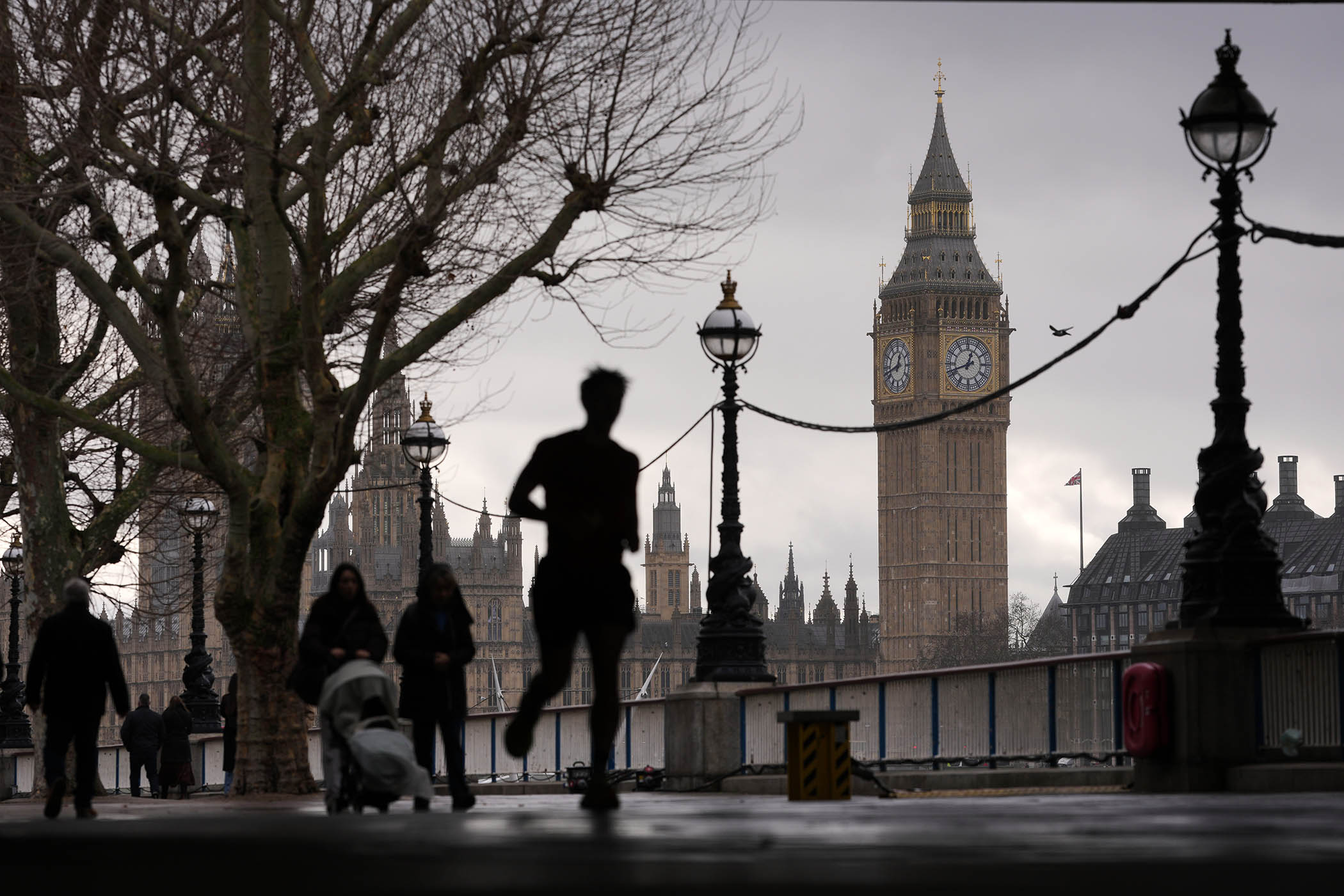Last Monday, Keir Starmer summoned his closest aides in No 10 to a series of crisis meetings. Two weeks from the budget, the prime minister was having doubts about the proposed key measure – a 2p rise in income tax offset by a similar reduction in national insurance contributions.
There was, said one insider, a serious “wobble” in No 10 about a decision that had, until this point, seemed all but nailed down. Rachel Reeves had spent weeks rolling the pitch but some around Starmer were increasingly nervous about the political implications.
The backlash was growing among Labour MPs – including Lucy Powell, newly elected as the party’s deputy leader – to the idea of breaking a central manifesto pledge.
Having been forced to cave into backbenchers on the winter fuel allowance and welfare reform, Downing Street advisers were worried Starmer did not have the political authority to force through the first rise in the basic rate of income tax for 50 years.
Morgan McSweeney, the prime minister’s chief of staff, was among those who feared the mood was so hostile that a leadership challenge could follow the 26 November budget. “The PLP [Parliamentary Labour party] is in a very dangerous place,” a senior figure said. “The truth is, the majority is too big. People don’t think it matters if they rebel.”
When the Office for Budget Responsibility delivered its updated forecasts, suggesting the chancellor may only need to find £20bn rather than £30bn, it became easier to abandon the planned income tax increase and go for a “smorgasbord” of tax-raising measures instead.
‘Lots of people are trying to get colleagues to calm down and wait until May, but others think: “Why are we waiting?”’
‘Lots of people are trying to get colleagues to calm down and wait until May, but others think: “Why are we waiting?”’
Anonymous minister
But the politics of the situation was a big driver of the dramatic last-minute shift. One insider described “a battle between the short-term political interest and the long-term national interest”, with divisions apparent within No 10 as well as between Downing Street and the Treasury.
There is, one Labour source said, a “paranoia in the Downing Street bunker” that also led to a counterproductive briefing war. The attempted kneecapping of Wes Streeting by allies of Starmer only strengthened the health secretary and weakened the prime minister.
One minister described the chaos as “probably fatal”. It was, said another source, a “tipping point” and “the week that No 10 lost control”.
Cabinet ministers verge between despair, depression and anger. Shabana Mahmood, the home secretary, echoed Streeting’s comments that there was a toxic culture in No 10. “What was displayed earlier on in the week was horrible, toxic and deeply embarrassing,” she said. “The behaviour was appalling and roundly and fairly and legitimately condemned by pretty much everyone.” Another secretary of state described being “frustrated by it all” and said the briefing “looks like an attempt to smoke Wes out that blew up”.
Newsletters
Choose the newsletters you want to receive
View more
For information about how The Observer protects your data, read our Privacy Policy
A third cabinet minister was “completely astonished” by the “inward-facing gameplaying” at its centre . “Last week wouldn’t have happened if there wasn’t dysfunction. It’s unfathomable to me because of how damaging it is. This isn’t Monopoly – it affects people’s lives.”
While no leadership threat seems imminent, No 10 is not completely paranoid. Streeting, Mahmood and others are said to be gearing up for the moment a challenge becomes viable, with both receiving hefty donations in recent weeks that could be used to fund a leadership run.
Westminster is abuzz with talk of a non-cabinet stalking horse candidate willing to force the issue, although the Labour leadership contest rules make this tricky. To trigger a challenge to Starmer, 81 MPs would have to unite behind a rival candidate.
Powell, while not yet seen as a contender, is viewed as a possible kingmaker on the left of the party. “She’s the most powerful person in government, despite not having a cabinet role,” said one MP.
In an attempt to build bridges, McSweeney and Starmer have embarked on a series of breakfasts, lunches and receptions with MPs and peers. And yet these have been widely derided as failing to win hearts and minds. Uptake from MPs has been low, sources say, while McSweeney was “ripped to shreds” by Labour peers over his lack of answers.
“They were asking difficult but obvious questions – and he didn’t have answers to anything,” said one source. “They expected this Wizard of Oz, and it was like the moment the curtains were drawn back.”
McSweeney is rapidly losing support among ministers too. Sources said that weeks before the briefings against Streeting began, the pair – previously stalwart allies – had been overheard arguing. Although this is denied by Streeting’s team, the pair – once seen as the future of the party, – have grown apart over multiple policy differences, including on Gaza and welfare. Last week will have done little to bring them back together.
A number of sources said a toxic relationship had developed between the chief of staff and Darren Jones, the newly promoted chief secretary to the prime minister, amid a jostling over roles and proximity to Starmer.
Yet many still believe Starmer is overly reliant on McSweeney, whose election strategy first made him leader of the opposition before helping usher him into Downing Street.
“Keir does not trust his own judgment, so when it comes to political calls, he has to run it past him,” said one senior MP. “Morgan will last longer than he should, but if this runs until May, one or other of them will have to go.”
Next spring’s local, Scottish and Welsh elections – widely expected to be disastrous for Labour – were already shaping up to be tough for the prime minister. After last week, the calls are growing for Starmer to be replaced even sooner.
“It is inevitable now,” said one minister. “Lots of people are trying to get colleagues to calm down and wait until May, but there are others who think: ‘Why are we waiting when we will get a hammering in Scotland and Wales – why not do something about it now?’”Last week’s chaos has “actually brought MPs closer together against the PM, including people who were previously mutually suspicious”, said another minister. “MPs from totally different factions and camps are all now talking, think Keir is done and are prepared to take risks for an alternative.”
Photograph by Jack Hill/Pool via Getty Images




